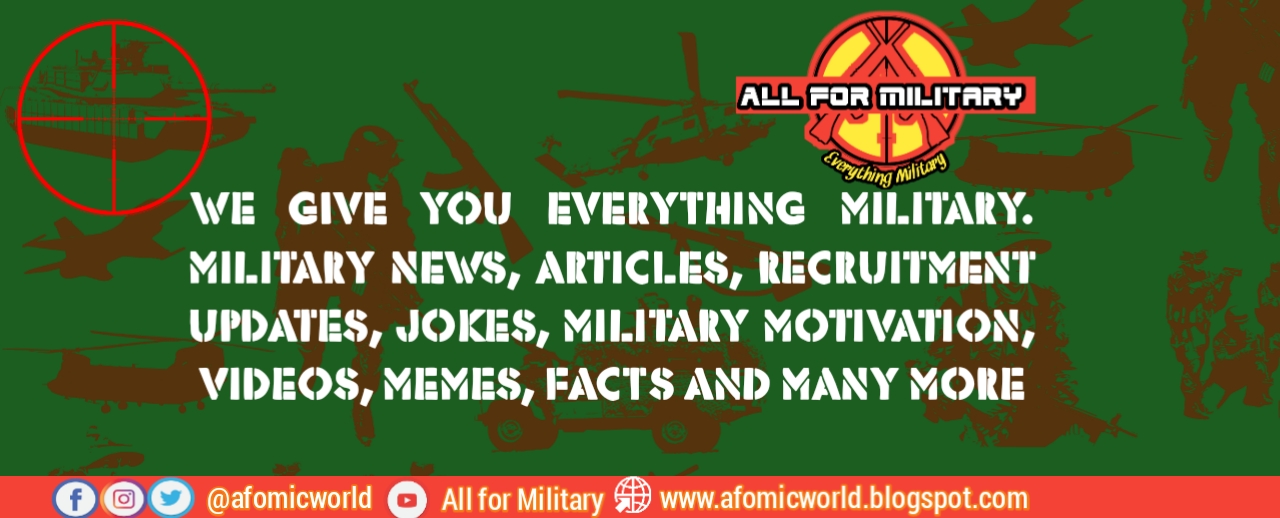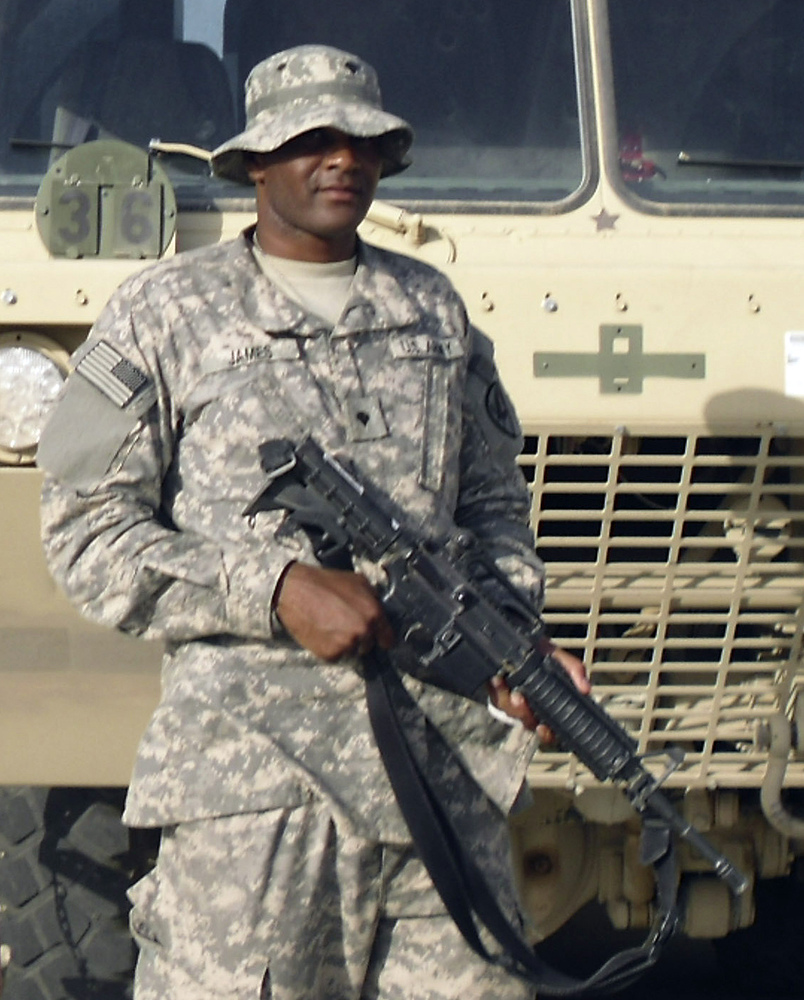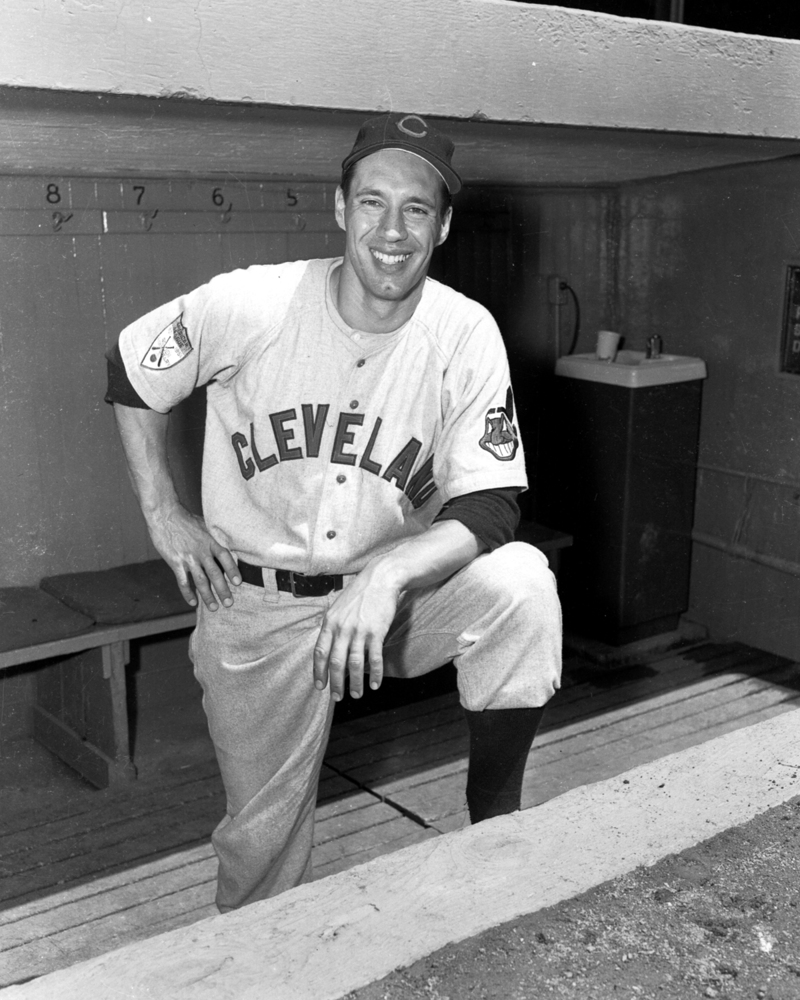In 1991, British commando Chris Ryan, a
member of a team that was sent into Iraq
on a mission that went awry, had to fight
hunger and dehydration to hike nearly 200
miles across the desert to evade Iraqi
forces and reach safety in neighboring
Syria.
The harrowing, death-defying feat earned
Ryan lasting fame—especially after his
1995 memoir of survival, “The One that Got
Away,” was made into a British television
movie. That breakthrough helped propel
Ryan into a successful career as an author
of thriller novels that draw upon the
knowledge and experiences that he
amassed during his stint as a member of
the UK’s elite Special Air Service.
When a special forces mission went wrong
in Iraq, an eight-man team was reduced to
a single soldier who refused to be defeated
by anything.
But it wasn’t easy for Ryan. When he
returned home, his body healed quickly
from the deprivation, which had caused
him to lose 36 pounds during his escape.
But as he told an interviewer for the UK’s
Sunday Mirror newspaper in 1996, his mind
was slower to come around. At first, he
rejected his wife and young daughter, and
focused on his job in the military. “All I
could see was my family life getting in the
way,” he recalled. “….I just wanted to be
myself, do my work, give full commitment
to the regiment. It was totally wrong.”
After a separation of a few months, Ryan
had a change of heart. He and his wife
reconciled—“It took a long time, but we
talked it out,” he told the Mirror-and in
1994, he decided to leave SAS. In addition
to taking up writing, he worked as a
bodyguard, protecting clients such as a
European businessman who was worried
about falling victim to Russian criminals on
his trips there.
After his memoir sold 350,000 copies in
hardback, though, his book editor clamored
for a follow-up. At first, Ryan demurred—“I
said, I'm not interested in doing any
exposes about the regiment. I had
something to say about my walk and that
was it,” he told the Newcastle Journal in
1999. The editor suggested that he try
writing fiction instead. The idea appealed to
Ryan, who saw that he could utilize his real-
life experiences and knowledge to make his
work more plausible than the usual thriller.
“'I've read the other SAS novels and you can
pick holes in them,” he explained to the
Journal. “You can see when they are not up
to date or written by people who don't
know what they are talking about. I'd hope
mine are as realistic as they can be.''
He soon launched a successful series of
books featuring an intrepid commando,
Geordie Sharp, who encountered dilemmas
based upon situations that Ryan had
encountered in his military career.
Meanwhile, Ryan continued to take security
jobs in dangerous spots around the globe as
well. In 2003, for example, he reportedly
went to Iraq in the wake of the invasion
that toppled Saddam Hussein to work for a
U.S. private contractor. The jobs helped
him to keep his novels realistic. “If I wasn’t
having a crack with the guys and hearing
their stories, then I'd lose touch and all my
ideas for the books would dry up,” he told
the Guardian newspaper at the time. “Plus,
you do get a buzz from it, y'know?"
Additionally, Ryan—still an adventure-
seeker—took on other challenges. In 2005,
he went on a 10-day trek in mountainous
Nepal with a group of volunteers from the
Soldiers, Sailors, Airmen and Families
Association, which raises funds to assist
military veterans who are in need.
Ryan also has utilized his notoriety to help
young people, visiting schools and giving
talks to students about the importance of
applying themselves. “I squandered my
own education because all I ever wanted to
do was go into the forces,” he explained in
a 2007 appearance, according to an account
in the Coventry Evening Telegraph. “But I
had to catch up because I needed to know
languages, to know about explosions, and to
understand mathematical formulas.”
Even though he made a living fictionalizing
his commando experiences, Ryan told the
Daily Record newspaper in 2010 that it was
still painful to think of battles in which he’d
fought and comrades who hadn’t survived.
“As you get older, you look at it differently.
You look at yourself and you are greyer,
wrinklier, and a bit heavier,” he explained
to the Record. “The guys you lost never get
older. You think of them as you last saw
them and, as time goes on, as you push
through the years, the reality of that is
sadder. You just think, what a waste of life.”
He’s also come to accept that his escape
from Iraq may have taken a permanent
physical toll. At one point during the
ordeal, he drank water that was
contaminated with nuclear waste. “This
emerged during a 'well man' check-up,” he
told the Newcastle Journal in 2015. “They
found my red blood cells weren't working
as they should do and were concerned it
could have something to do with the fluid I
drank in Iraq.”
And as someone who knows what it’s like to
live with danger and its lasting effects, he
worries about a new generation of soldiers
returning home from the war against
terror. “You know, Iraq and Afghanistan,
these young lads have done far more than,
you know, I could even dream of doing,” he
told an interviewer recently. “Yet they live
normal lives and they carry on, you know,
they get over what they've seen. Those
guys, they're the ones who are really brave
young soldiers.”
YOU MIGHT WANT TO CHECK OUT THE FILM THROUGH GOOGLE DO SO



